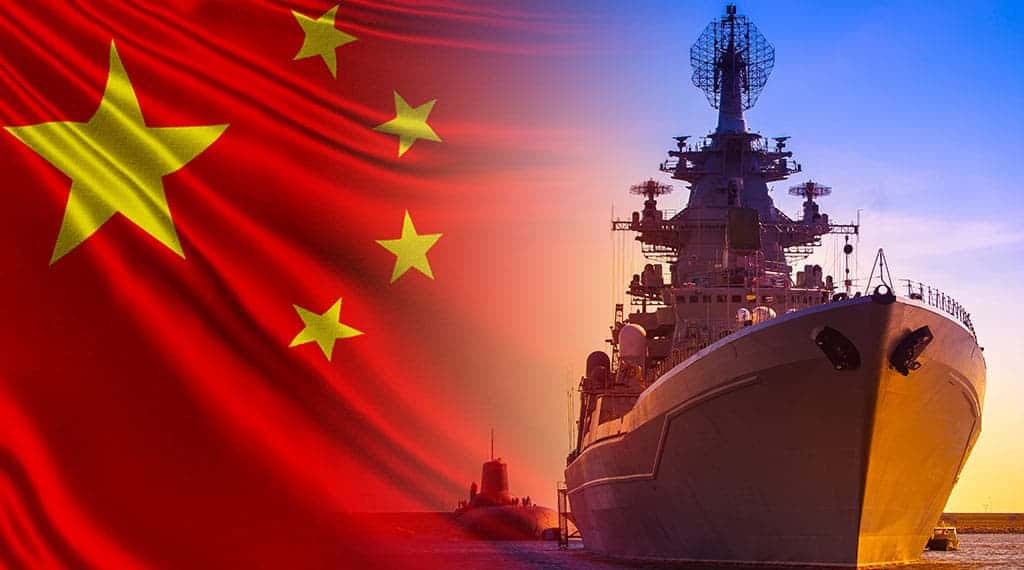
A U.S. government friend involved in Indo-Pacific defense matters asked me the question a lot of people are wondering about.
Following U.S. House Speaker Nancy Pelosi’s visit to Taipei on Aug. 2-3, China launched a series of aggressive moves targeting Taiwan, most visibly unprecedented military exercises. So he asked: “Running up to the 20th Party Congress to be held towards the end of the year, do you think the PRC [People’s Republic of China] will ramp up? Keep the ‘new normal’? Or decrease its pressure on Taiwan?”
Here’s what I told him:
China is on a timeline for seizing Taiwan. It will move faster or slower as opportunity allows. When does the timeline “end”? By 2030 or sooner—and maybe much sooner.
Beijing prefers to get Taiwan without fighting—and ideally without tangling with the Americans. But it’s willing to do both—to include “going kinetic” and taking on the Americans (and the Japanese)—and sees itself as able to do so and succeed.
The upcoming 20th Party Congress somewhat shapes the Chinese regime’s behavior toward Taiwan, but I think it’s a less important variable. Xi Jinping has plenty of enemies, but his control seems solid enough as things stand now. However, he doesn’t want to appear to have been “bested” by the Americans (or anyone else) or to have gotten China into a catastrophe of some sort. Neither has happened.
I would suggest that Chinese decision-making is more affected by the state of affairs on the U.S. side. Specifically, the more the United States (and the Biden administration) looks weak, distracted, and confused, the more pressure the Chinese communists will apply on Taiwan—including tightening the “military” noose.
And there is also the all-important question of “will”—that is, Beijing’s perception of whether the Biden administration has the nerve/spine/fortitude/sang-froid to respond effectively as China makes its incremental moves against Taiwan. And the moves at some point will not be incremental as China aims to finish things off.
At least from my perspective, the Biden administration’s responses to the most recent exercises and rehearsal for blockading and assaulting Taiwan were weak. Yes, some nice language, but nothing that would make Beijing think it had gone too far—and was going to face some serious punishment.
The Biden administration’s response has been largely “reactive”—doing very little in hopes China will back off. And many parts of the U.S. elite, commentariat, business, and official classes called for the United States not to escalate matters. Washington even “postponed” a scheduled missile test in the Pacific and billed it as a “responsible” step to not escalate matters further. Beijing saw it as a weakness.
One notes that many officials handling Indo-Pacific affairs for Team Biden have “a history” with China—and don’t exactly put the fear of God into the Chinese Communist Party (CCP) leadership (that undoubtedly has thick files available on demand about each of them).
Additionally, the American response has also seemed condescending, including prim statements that the Chinese are “overreacting” to Pelosi’s visit and are not behaving the way a “responsible nation” acts.
One imagines the men running China (they’re all men) chuckling and saying, “Maybe that matters to Americans, but we’ve just taken a few more serious steps towards ‘locking up’ Taiwan.”
- Don’t trust U.K. on Diego Garcia - February 18, 2026
- United States-Japan alliance: reducing burdens or winning wars? - February 14, 2026
- Freeing Iran requires a push from the US – and fast - February 13, 2026
